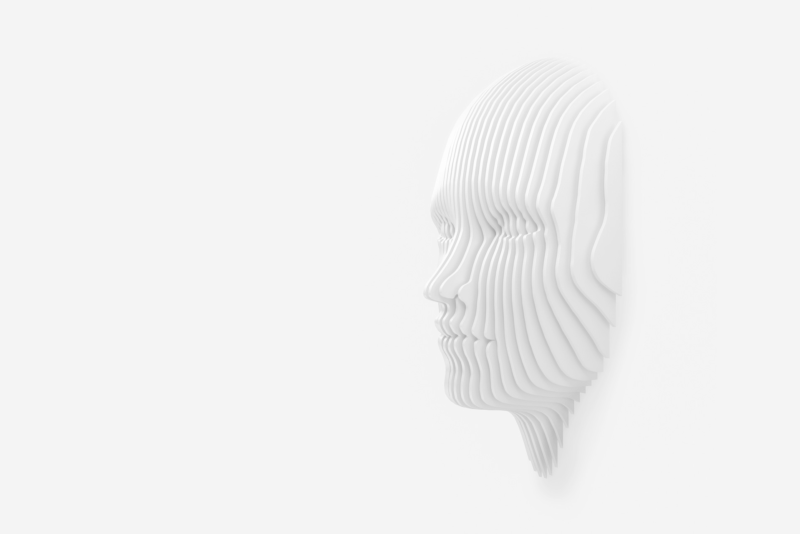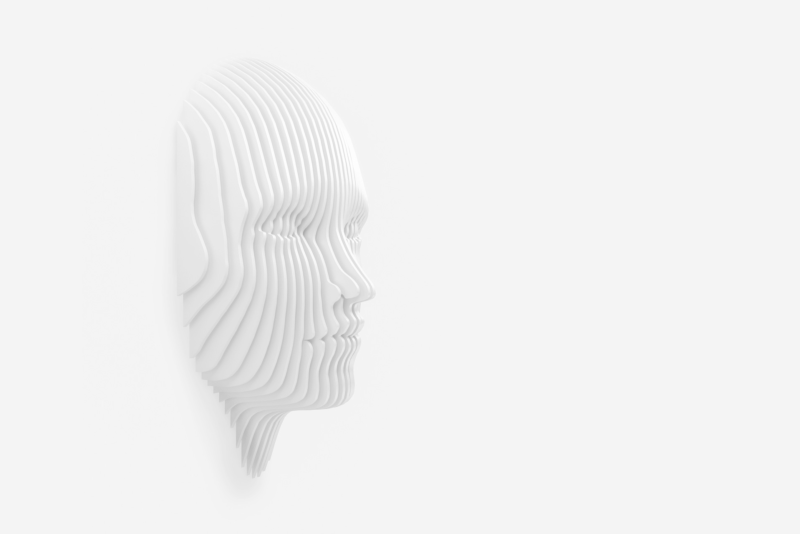AI inventor series: Can Artificial Intelligence (AI) be recognised as an inventor?
A series of insights where FB Rice explores AI and inventorship, following Justice Beach’s ruling in the Australian Federal Court on Friday 30 July 2021. Could Australia be the world's first to recognise an AI machine ('DABUS') as an inventor?
Can Artificial Intelligence (AI) really be recognised as an inventor? Yes, according to Justice Beach’s ruling in the Australian Federal Court on Friday 30 July. The Australian Federal Court decided that an AI machine can be recognised as an inventor for the purpose of an Australian patent application. However, Justice Beach’s ruling did not assess whether a machine can actually invent. Whether or not it is allowable to name a non-human inventor on a patent application might be considered a question of an administrative or clerical nature.
On 30th August 2021, one month on from the Australian Federal Court decision which stated 'an artificial intelligence (AI) system could be named as an inventor on a patent application' the Commissioner of Patents has appealed the decision.
We explore the two questions 'Can AI be recognised as an inventor?' and 'Can AI machines really invent?' in our insights below. Furthermore, we take a look at this in the context of inventions being created in both the life sciences and engineering space and compare several inventorship scenarios. Stay tuned - more insights to come.

To err is human, to invent need not be

System.out.println(“Eureka!”)

In silico, ex machina, inventor?

When is an inventor not an inventor?
AI related LinkedIn poll
We put a couple of polls out to ask what our followers think about DABUS which brought back some interesting results...
Should Artificial Intelligence be able to be recognised as an inventor?
- Yes; give credit where its due - 9%
- No; inventors must be human - 55%
- As a co-inventor with a human - 36%
Do you think Artificial Intelligence is capable of inventing?
- Of course! - 30%
- Of course not! - 18%
- Not at this stage? - 52%